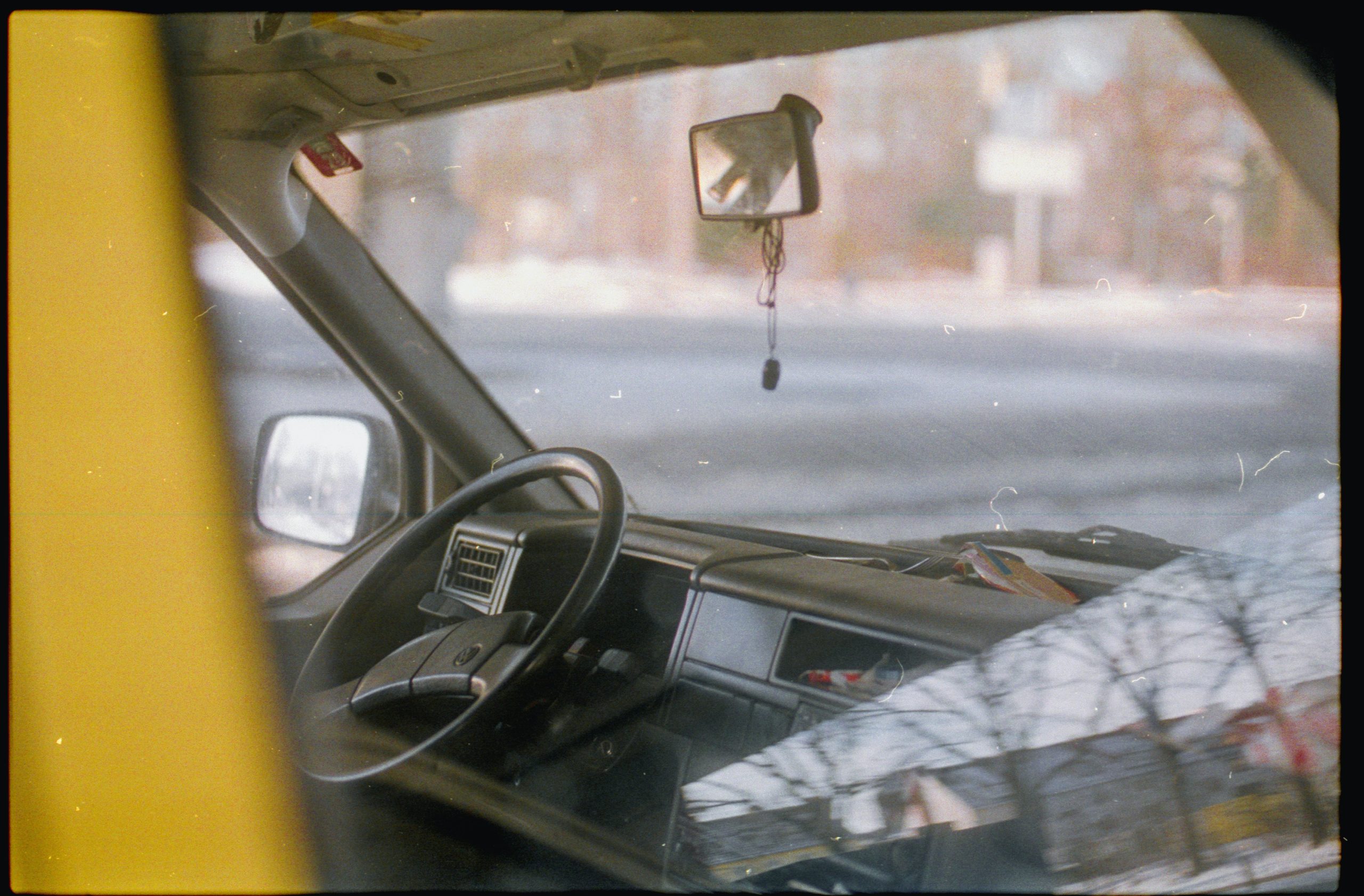
I have a love-hate relationship with the warning lights on my car. I had a couple of cars where it seemed like something broke every month. Whenever I see a warning light, my first thought is always the worst-case scenario. However, I love that the warning lights come on long before the car is about to break down. Learning to listen to the warning lights helps keep the car running better and for longer. God gives us lots of warning lights but, like most people with their car, things need to completely break down before we learn to love the warning lights.
One biblical character who ignores the warning lights is Jonah. The warning light of a life-threatening storm did not change him. It was only when he hit rock bottom that we see him start to change.
Growing When God Brings Us Down
Whenever I read Jonah, I always imagined the fish was below the boat, waiting for him. From what Jonah says, however, it appears that he was closer to the ocean floor than the surface when the fish saved him. “The water engulfed me up to the neck; the watery depths overcame me; seaweed was wrapped around my head. I sank to the foundations of the mountains, the earth’s gates shut behind me forever” (Jon 2:5-6). If the storm was a warning light, being wrapped in seaweed at the bottom of the ocean was a full breakdown.
Some of the best lessons we learn in life come from our lowest points. As the darkness of the sea swallows him, Jonah cannot escape examining the darkness of his heart. During this low point, he begins to lean on God (2:9). He looks back and sees how God has been merciful to him despite his rebellion (2:7), and he experiences the ever-present help of God (2:2). All of this would not have happened on a comfortable beach. He needed to sink; he needed to be saved.
It is often at our lowest and most helpless point where we learn these lessons as well. We know God is faithful, strong, and an ever-present help in time of need, but it is when we hit rock-bottom that we experience him in that way. Jonah prays out of his distress, and God answers.
Goodness and Mercy in Darkness
One of the hardest weeks of my life has helped me trust God more than anything else. In the same week, my wife and I lost our second child in a miscarriage, and I had to preach the thanksgiving sermon. The theme was being thankful to God in every season. During my preparation that week, I felt so disconnected from what I was going to preach. My prayers were filled with pain, not thanksgiving. In pain, I asked God, “Why?” more than I said, “Thank you.” I hated that week.
I am grateful now, as I look back on that week because it was in the pain where God showed me the strength of his grace. When I could not stand, his right hand held me up. It still fills me with tears to think about that week, but I can look back on God’s care when I was at my lowest and trust his care to continue. As the Psalmist says, “Goodness and mercy follow us even in the darkest valley” (Ps 23).
The gospel reminds us that even the darkest depths serve the redemptive purpose of God. He does not abandon us when we sink. In the depths of the sea, he met Jonah with grace. Likewise to us, in our lowest points, God wraps us in grace. We can trust his goodness even in darkness.

